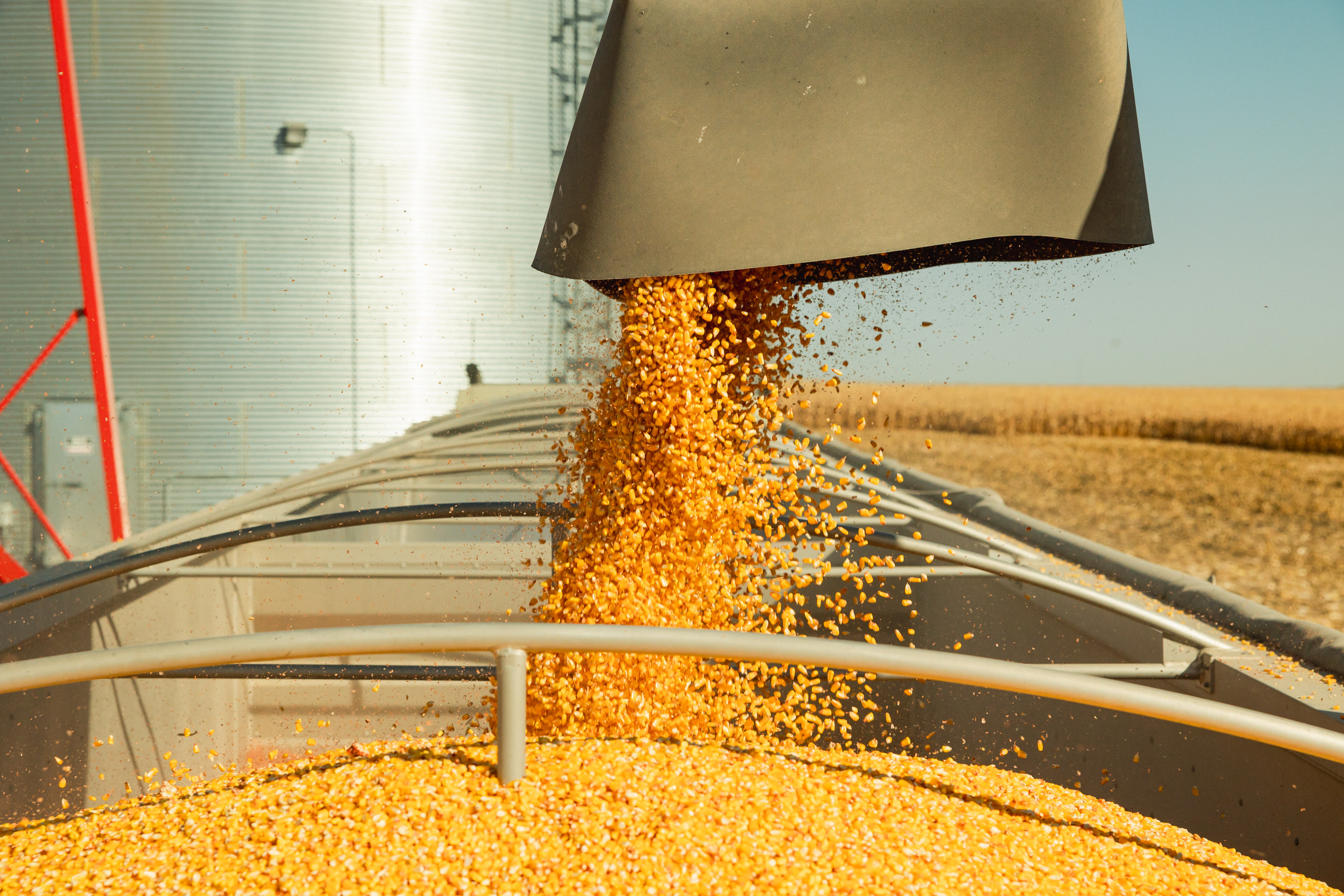Content
Cornhusker Economics is a weekly publication published by the Department of Agricultural Economics on current issues related to farm economics including production, distribution, and consumption of goods and services related to farming. It encompasses a wide range of topics and activities from production economics, farm management to cost and revenue analysis as well as topics on risk management, policies and regulations and much more.
2026 Cornhusker Economics Articles
Cornhusker Economics (Feb 18, 2026) - Understanding Leverage by Timothy Meyer
Cornhusker Economics (Feb 11, 2026) - Listen, Coach, and Invest: Key Actions to Keep Employees
Cornhusker Economics (Jan 28, 2026) - 2026 Nebraska Crop Budgets: Summary and Key Insights
Cornhusker Economics (Jan 14, 2026) - How Agri-Tech Is Reshaping Labor Demand in Nebraska Agriculture by Shannon Sand
To subscribe, please fill out the form below:
Subscribe To Cornhusker Economics
